Current Topics In Gastrointestinal And Liver Pathology 2023 (John Hopkins) (Videos)
Pathology of the Gastrointestines CME: A Useful Synopsis
This online continuing medical education program covers the interpretation of liver biopsies and upper GI tract mucosa, as well as
new developments in pancreatic and biliary pathology.
It provides a useful, case-based overview for professionals who deal with GI and liver specimens on a daily basis.
Under the direction of renowned pathologist Lysandra Voltaggio, MD, Current Topics in Gastrointestinal and Liver Pathology consists
of case-based CME lectures meant to improve your comprehension of pancreatic and biliary disorders, improve your interpretation of
mucosal and liver biopsies, and help you apply contemporary techniques to gastrointestinal disorders.
Learning Goals
Following completion of this task, the student will exhibit the capacity to:
- Talk about the differences in diagnosis between reactive non-neoplastic atypia and dysplasia.
- Talk about topics that are significant to both clinical practice and practicality while diagnosing and staging colorectal cancer.
- Talk about the latest targetable alternatives for colon and biliary cancer.
- Remember the current state of “liquid biopsy” multi-cancer early detection test performance and uncertainty.
- Describe the clinical relevance of the neoadjuvant therapy response.
- Acknowledge newly identified inflammatory patterns linked to gastrointestinal tract STIs
- Talk about the function and developments of circulating tumor DNA.
- Talk about the use of immunohistochemical and unique stains in the liver tumor work up.
- Distinguish between benign and malignant gastrointestinal tract lymphoproliferative illnesses.
- Acknowledge difficulties with frozen sections, tiny biopsies, and grossing biliary neoplasms.
- Talk about the numerous neuroendocrine tumors that can occur along the GI system.
- Talk about the various GI mesenchymal tumor forms, paying particular attention to their depth and placement inside the GI tract.
- Enumerate the classification criteria that are used to categorize the three primary mass-forming precancerous neoplasms of the
- pancreas: neoplasms that are intraductal tubulopapillary, oncocytic papillary and mucinous neoplasms.





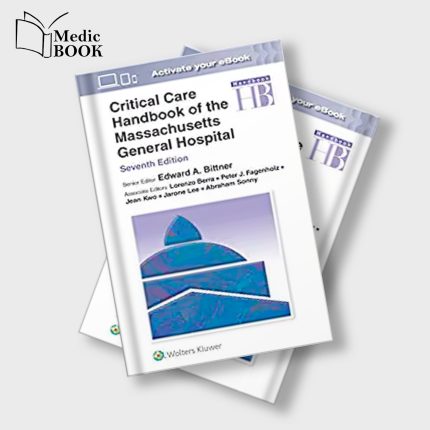
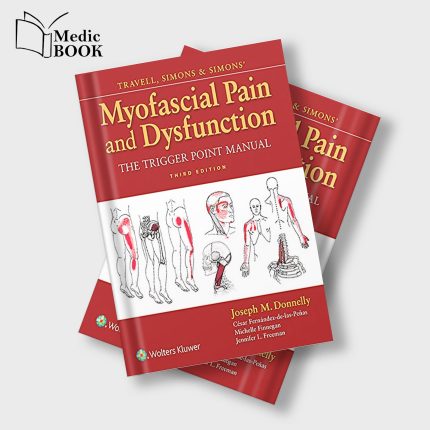

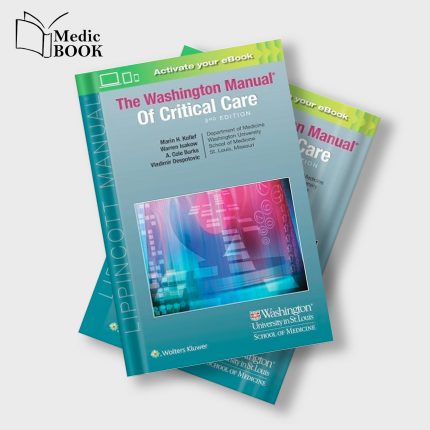
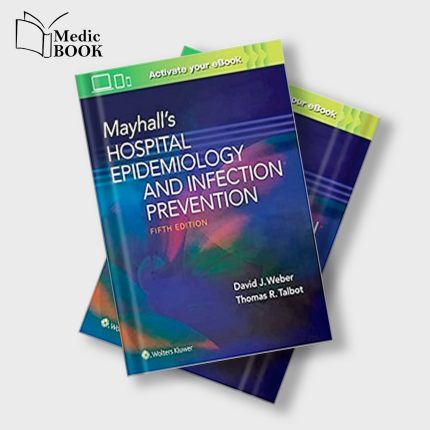

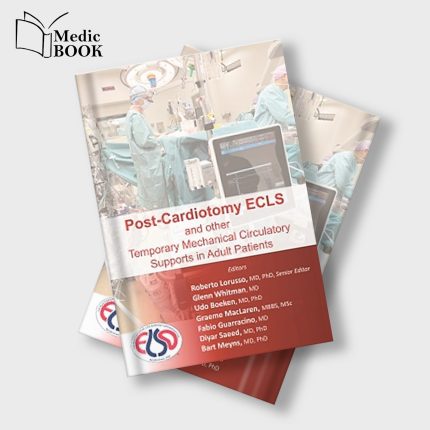
Reviews
There are no reviews yet.